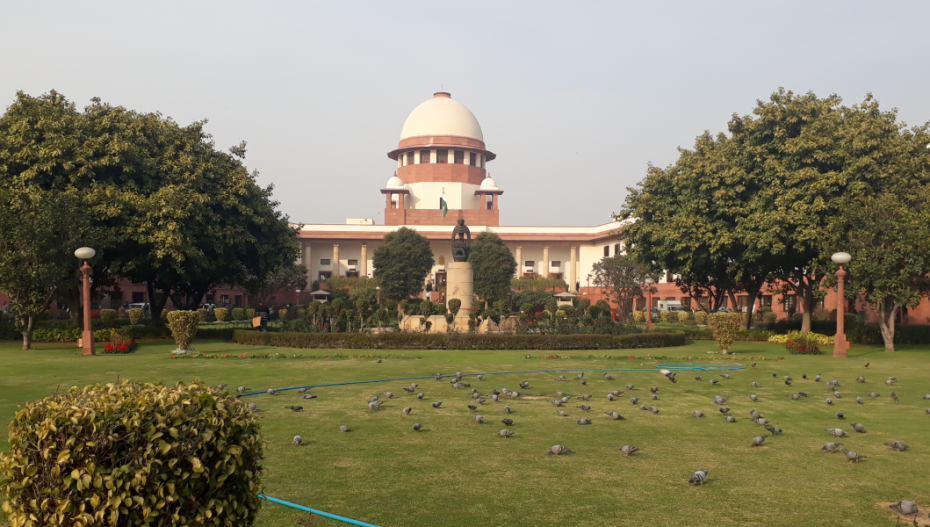New Delhi: The Supreme Court on Tuesday, November 7, said there need to be proper guidelines for the seizure of digital devices of journalists to prevent misuse by investigating agencies.
According to LiveLaw, the bench of Justices Sanjay Kishan Kaul and Sudhanshu Dhulia made this observation while hearing a public interest litigation (PIL) seeking safeguards against “unreasonable interference” by law enforcement agencies and creating comprehensive guidelines for the search and seizure of digital devices.
The petition was filed by the Foundation for Media Professional, which was represented by senior advocate Siddharth Agarwal. He told the court about the seriousness of the issues and the “threats that law enforcement agencies’ unmitigated search and seizure powers posed to constitutional guarantees”.
He said, according to LiveLaw:
“There are hundreds of journalists whose digital devices are taken away en masse. The issues raised in this petition are very significant because there are no guidelines with reference to when and what may be seized, what can be accessed, what kind of protection is ensured for personal data, health data, financial data… The entire digital footprint is on that one device…”
During the raids on journalists and commentators associated with NewsClick, the devices of several journalists were seized. The Wire reported that 250 devices were seized from 90 journalists, and none of them were given the mandatory hash values of their electronic items, as prescribed by the courts. The hash value defines how much data is on a digital device at the time of its seizure, so that any possible tampering is revealed.
Additional solicitor general S.V. Raju told the bench that there were “several complicated, legal issues that are required to be examined” and sought an adjournment
Justice Kaul agreed that it was important to have guidelines that protect journalists from arbitrary seizures. “It’s a serious matter. These are media professionals who will have their own sources and other things. There must be some guidelines. If you take everything away, there’s a problem. You must ensure that there are some guidelines,” he said.
When ASG Raju said that the investigating agency cannot be shut out “completely and totally”, the judge said that guidelines were required to ensure that the powers of the agency were not misused.
“Mr Raju, I’m finding it very difficult to accept some kind of all-within power that the agencies have…This is very dangerous. You must have better guidelines. If you want us to do it, we’ll do it. But my view is that you ought to do it yourself. It’s time that you ensure that this is not misused. It can’t be a State that’s run only through its agencies. We’ll give you time, no difficulty. But you must analyse what kind of guidelines are necessary to protect them. To some extent, this is not adversarial in that sense,” he said, according to LiveLaw.
Advocate Agarwal said the issue is about state power against individual rights, noting that investigating agencies are compelling people to provide biometric information.
“This is used by all political dispensations, not any particular one,” he said, to which Justice Kaul responded, “One dispensation teaches the other.”
Justice Kaul pronounced:
“Learned additional solicitor general requests for some time to better examine the matter so that he can make submissions. We have however put to the learned ASG that there has to be a balancing of interests and proper guidelines need to be in place to protect the interest of media professionals. We would like the learned ASG to work on this and come back on this issue. This is more so in view of the aspect that privacy is held to be a fundamental right.”
The hearing will continue on December 6.
Recently, a court ordered the Delhi police to return the electronic devices seized from staffers of The Wire, almost a year after the crime branch conducted raids at its office in a defamation case. The court said that keeping the devices of journalists seized for long periods impinges on press freedom. The court rejected the police’s argument that the devices may be needed for subsequent investigation is “speculative in nature based on the presumption of coming to light some new fact at a later stage, which may or may not happen”.
This article was first published on The Wire.










